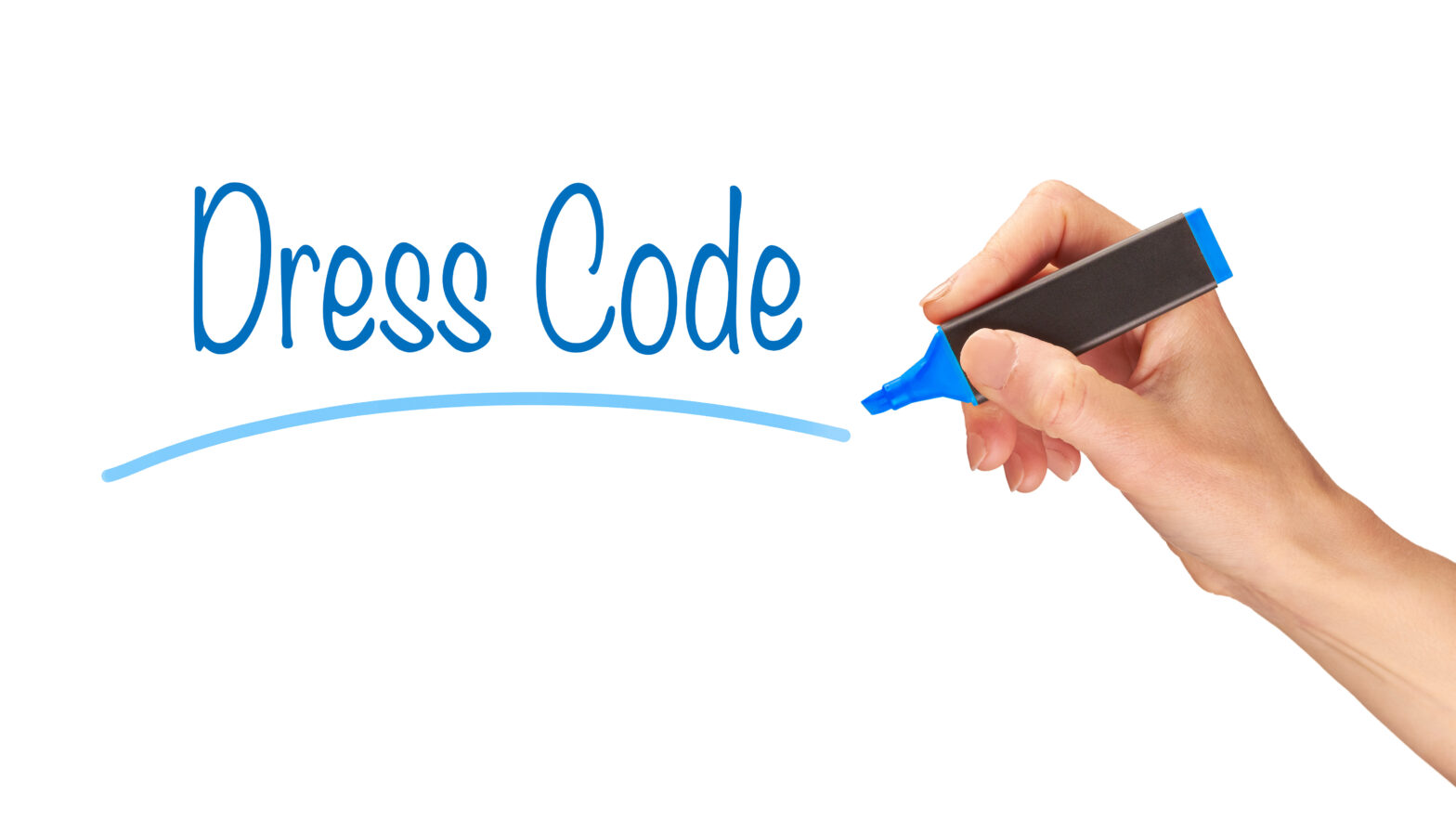The slipperati are coming! According to recent reports, start-up employees in trail-blazing Sweden are leaving shoes at the office door and donning slippers for their working day with new, progressive dress codes.
It appears that the smart dress code that has long been a staple of office life is dying out. Leading workwear provider Simon Jersey recently carried out a study of 2,000 people and found:
- One in four workers label their employer’s dress code as smart
- Only 5 per cent of respondents described their dress code as very smart
- 36 per cent said their employer had introduced a smart casual workwear policy
- 15 per cent said their company had gone completely casual
Some of the world’s most successful companies are leading the trend towards more casual clothes in the workplace, with Google known for its relaxed and quirky office culture, and Facebook CEO Mark Zuckerberg famously working in a hoodie.
But how does the casualisation of workwear affect job performance? Are businesses fomenting creativity by making their employees feel more relaxed, or are they catering to millennial whims at the expense of productivity and professionalism?
See also: Dress code or stress code? Workers feel judged on what they wear
Simon Jersey, which provides uniforms to 50,000 businesses in the UK, has published a guide to help employees negotiate the dress code minefield. Helen Harker, their designer manager, says the trick is to match what you wear to your company and role:
‘Recent trends have led to a more casual approach to the way people dress wherever they go. Companies are relaxing dress codes in a bid to follow suit and make sure their staff and customers are comfortable. What you wear has a big impact on how you feel, so ensuring that everyone is happy with how they look can help improve motivation.
‘With that said, a casual approach isn’t right for every situation and what makes sense for a tech startup doesn’t necessarily make sense for a law firm.
‘As a customer, doing business with someone who is well-dressed and takes pride in their appearance shows they have respect for you and builds trust they’ll do a good job. While wearing slippers at your desk is fine it certainly wouldn’t give the right impression in a meeting.
‘We’re continuing to see demand for workplace attire at the smarter end of the spectrum. Essentially it all comes down to what’s appropriate for where you work and what you do.’
For Sean Mallon, CEO of Bizdaq, a startup offering an online marketplace for buying and selling businesses, one size doesn’t fit all:
‘We found that the clothes you wear definitely affect creativity and productivity, and it can go both ways – no restrictions on clothing can lead to a drop in productivity as people feel too comfortable. Just like wearing smart clothes can lead to a change in attitude, wearing clothes you’d usually wear on a lazy day off can also promote the same attitude.
‘I wouldn’t say formal dress codes are a thing of the past, though. If I was dealing with a bank manager, accountant or someone in a similar field, I wouldn’t appreciate someone who was wearing a tie-dye T-shirt and jogging bottoms! I believe some industries, particularly those that are business client-facing, still need to have a formal dress code, though more for their clients than their employees.’
Wearing a suit to work still seen as more professional
Professionals in suits are still perceived as being more ‘able’, despite the recent relaxation of dress codes across many areas of business, finds a study.
Some 82 per cent of workers still believe they should dress to impress – with almost two thirds (65 per cent), stating they find it easier to respect a colleague or boss in a suit, according to a survey by office finding service officebroker.com.
The poll may be a wake-up call to many of those workers who have adopted a more laid-back approach to the traditional office dress code.
In recent years, inspired by the hoodies and sandals look of internet companies such as Facebook and Google, many creative businesses have rejected the formal dress code altogether.
Officebroker.com asked 400 male and female office workers from across the UK if they felt they needed to dress to impress at work and if they found it easier to respect a boss or colleague if they wore a suit.
A spokesman for the company says, ‘The creep of casual Friday into the rest of the working week has meant that many businesses have relaxed their dress code over the past few years. There’s also some perception amongst young businesses that it’s cool to wear hoodies and jeans to work like Mark Zuckerberg.
‘Yet our poll clearly shows that while many offices have adopted a more casual approach to dress codes in recent years, a vast majority of workers still have a rather traditional view. The findings of the survey clearly indicate that if you want to climb the ladder at work it still best to don a suit. It seems the success of the Facebook generation hasn’t changed business as much as some people might have thought.’





